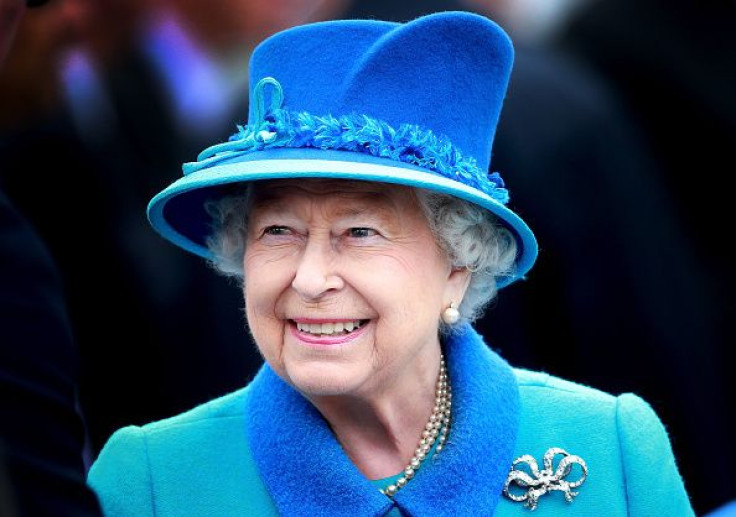Queen Elizabeth’s Morocco Trip Dubbed ‘Tour From Hell,’ Made Her Angry

Queen Elizabeth II’s trip to Morocco in 1980 was dubbed a tour from hell due to a surprising reason.
Sam Stevenson, a journalist for Express, claimed that Her Majesty’s trip to Morocco several years ago was filled with a series of misfortunate events. Firstly, the monarch endured a very long wait in the sweltering hot desert tent while the Moroccan King Hassan II lounged in his air-conditioned caravan.
Newspaper reports at that time claimed that the Queen showed signs of displeasure by fidgeting with her bag and hat, as well as by tapping her foot. The Queen was also believed to have told photographers to keep their cameras trained because they may see the biggest walkout of all time.
The Queen’s sister, Princess Margaret, also warned Her Majesty about going to Morocco and said that going there is like being kidnapped because she will never know where she is going or when.
King Hassan II reportedly made Her Majesty change cars seven times on the road during the October 1980 trip. Schedules were also thrown in disarray and venues were switched between the royal places without prior notice. At one point, the monarch arrived in full regalia for the King’s state banquet only to find the venue closed.
The Queen also had a heated encounter with the King after he blamed her then-assistant private secretary Robert Fellowes for their delayed lunch. She also overruled him when he canceled a visit to a British funded Leonard Cheshire center for the disabled and tried to take her back to one of his palaces instead.
Her Majesty’s unpleasant experiences in Morocco are being revisited because Prince Harry and Meghan Markle are currently in the country for their three-day tour. The royal couple arrived in Casablanca on Saturday night, but their official engagements will begin on Sunday.
They will visit the town of Asni in the Atlas Mountains to hear about the education of girls in rural communities. They will also travel to Rabat to meet with diplomats, influential women, disabled athletes and young entrepreneurs.
© Copyright IBTimes 2024. All rights reserved.











